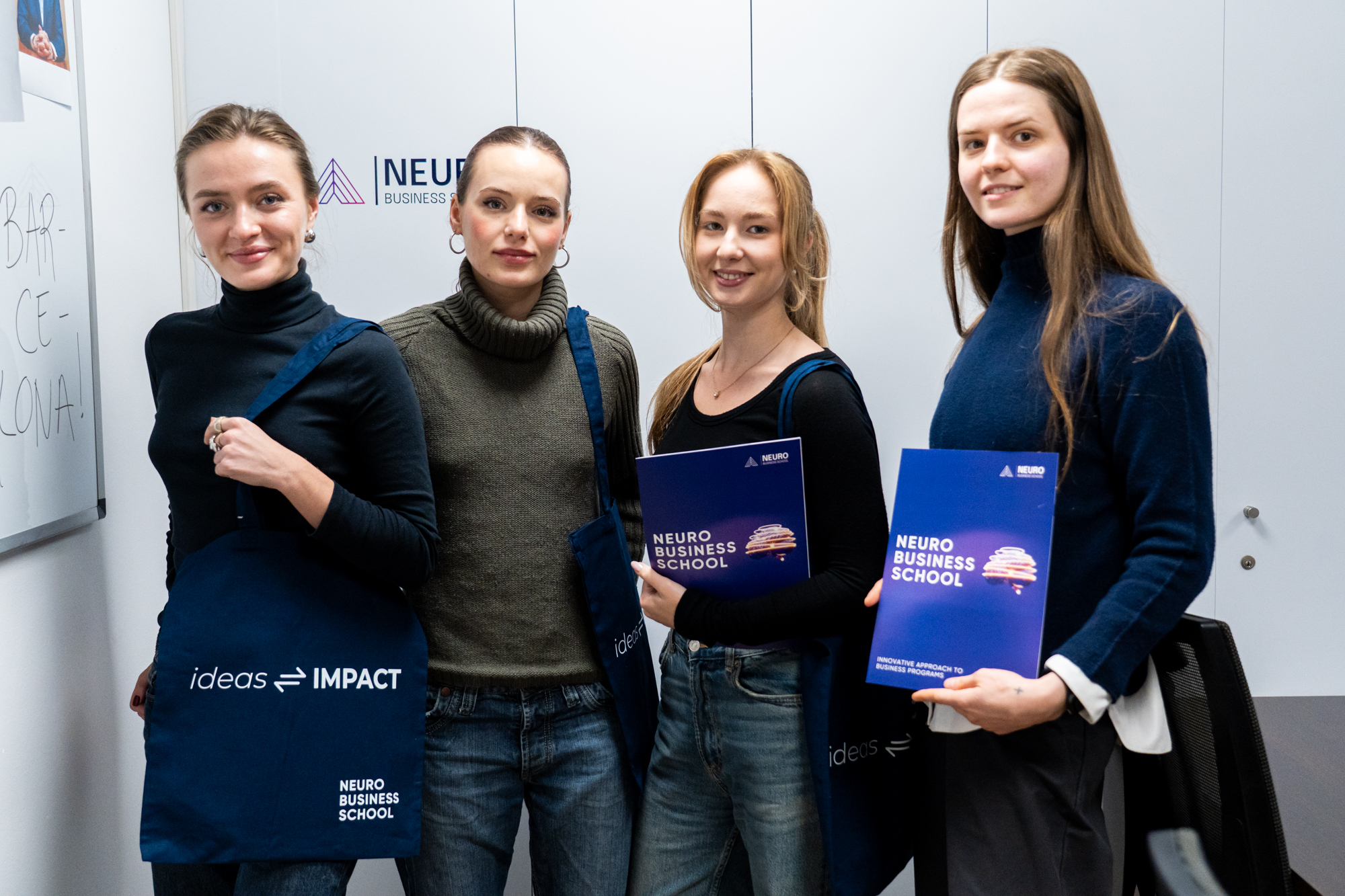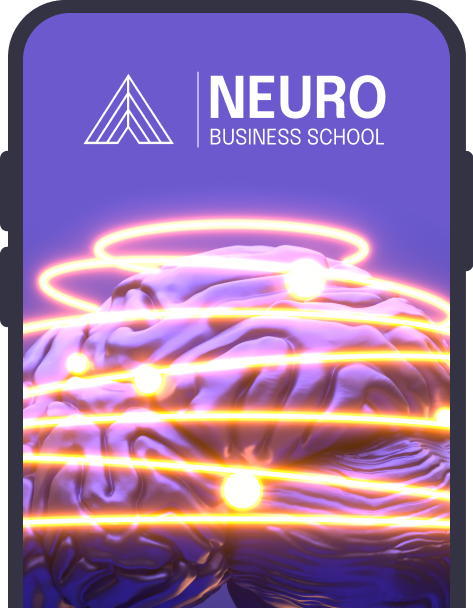Why You Always Buy That Extra Pastry
Have you ever gone to a coffee shop just for a cappuccino — and walked out with a pastry you didn’t plan to buy?
That’s not an accident. It’s neuromarketing at work.Coffee shops are designed with your brain in mind
The smell of fresh coffee activates your limbic system — the part of your brain connected to emotions and memories.
That warm, comforting scent doesn’t just make you happy. It makes you more open to buy.When you feel good, your brain releases dopamine, a neurotransmitter that increases impulsive behavior and reduces critical thinking. In other words, you’re more likely to say “yes” to that croissant.
Your brain gets tired — and takes shortcuts
Every day, your brain makes thousands of small decisions: what to wear, what emails to answer, what to eat for lunch.
This constant effort leads to decision fatigue. When your brain gets tired, it starts relying on shortcuts — quick, emotional choices instead of logical ones.That’s why pastries are placed right near the counter. When you’re paying, your rational brain is tired, and your emotional brain takes over. The shiny display, the smell, and the image of a delicious snack create a perfect moment for an impulse purchase.
Even the menu is designed to influence you
Next time you look at a coffee shop menu, notice how your eyes move.
Designers use eye-tracking studies to position the most profitable products where you’ll look first — usually in the top-right area or highlighted in boxes. Fonts, colors, and even spacing are all tested to guide your decision-making.What you see, smell, and feel changes what you buy
This is the power of neuromarketing — using insights from neuroscience and psychology to design customer experiences that connect with the brain.
Brands like Starbucks, Apple, and Coca-Cola have mastered this approach. They don’t just sell products; they create emotions and memories that make you come back again and again.
Learn how to use the science of influence
At Neuro Business School, we teach entrepreneurs and professionals how to use neuromarketing to create smarter strategies — based on how the brain really works.
If you want to understand your customers on a deeper level and increase the impact of your brand, it’s time to learn the science behind human decisions.




